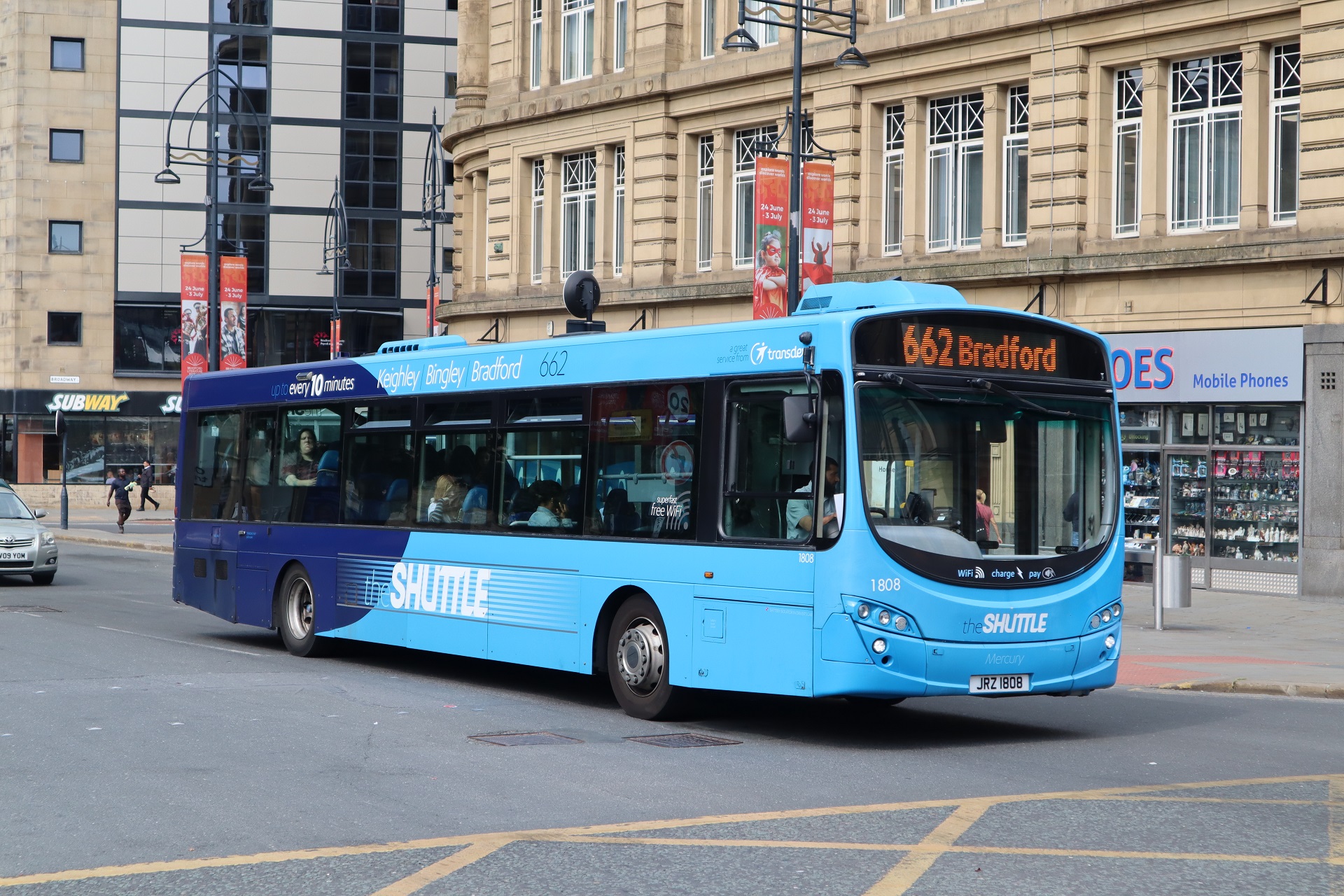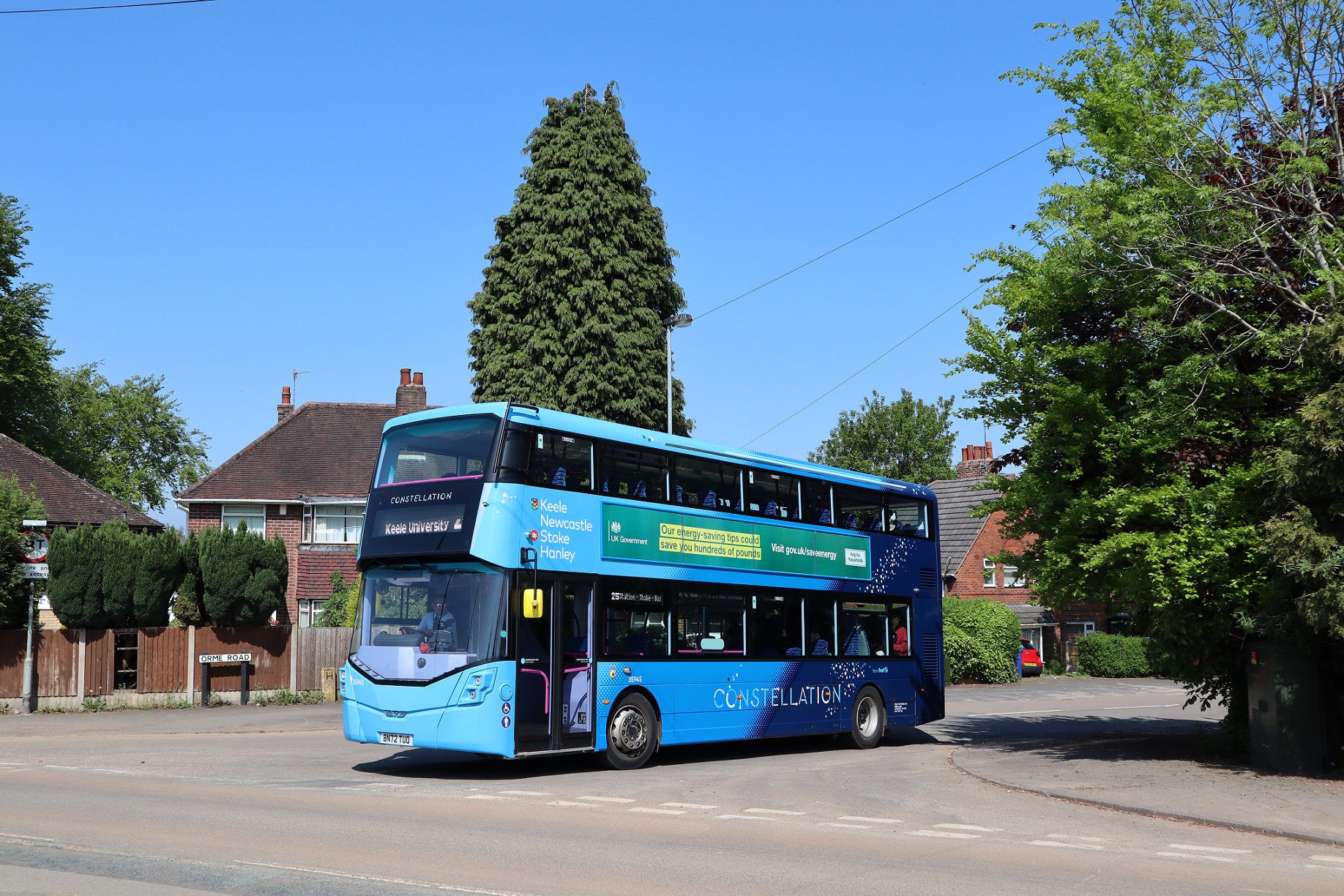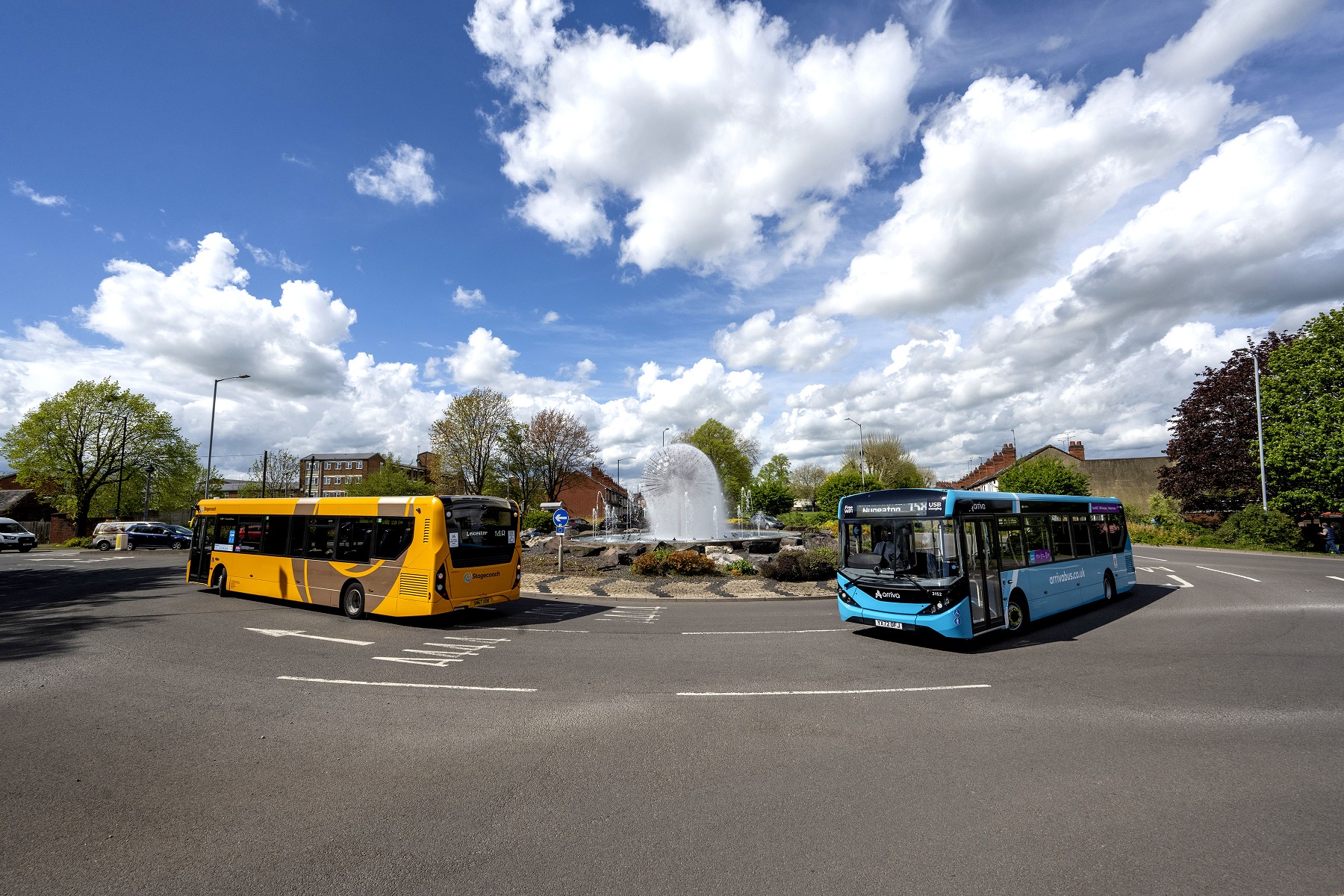The government has extended revenue funding for bus services in England outside London into 2025 in keenly-awaited longer-term support for the sector. It has also pushed expiry of the Bus Fare Cap Grant (BFCG) scheme to November 2024 in a combined settlement across both streams that is worth £500 million.
Of that total, £300 million is to protect services over the coming two years. £160 million will go to local transport authorities (LTAs) “to improve fares, services and infrastructure,” while £140 million will be paid directly to operators. The outstanding £200 million is for BFCG.
The money direct to operators will not form an extension of Bus Recovery Grant, which will end as planned on 30 June. Instead, from 1 July a new Bus Service Operators Grant Plus mechanism will commence. Details of that, and how it will be claimed by operators, will be supplied soon, the Department for Transport (DfT) says.
Allocation of that longer-term settlement is intended to allow services to be protected in the interim period “while allowing local authorities and operators to determine the routes that work for local areas,” the Department continues.
DfT notes that responsibility for such work sits with those bodies and not central government. Confederation of Passenger Transport CEO Graham Vidler has welcomed the two-year settlement, but he cautions that neither it nor the BFCG extension “will save every route in every part of the country.”
Adds Mr Vidler: “Operators and local authorities will now work together to study the detail of the government’s proposals and ensure that the funding is used to safeguard the best possible network for passengers.”

Allocation of further funding to support bus services in England follows exertion of pressure by the bus industry, its representatives and most recently a group of LTAs.
All of those groups have pointed to the risk of significant cuts to services beyond 30 June if a ‘cliff edge’ end to existing revenue support was not avoided.
Meanwhile, the extension to BFCG comes despite Under-Secretary of State for Transport Richard Holden having said in late March that the scheme would not run for longer than six months.
The further allocation of up to £200 million will see fares in England outside London on participating operators’ services capped at £2 until 31 October. The cap will then become £2.50 until November 2024. At that point, the government “will review [the caps’] effectiveness and future bus fares.”
DfT says that further extension of BFCG forms part of the Help for Households scheme. In a second indication that buses have gained a greater prominence in government, Prime Minister Rishi Sunak has commented on the £500 million overall package, noting that ministers are “determined to protect local routes and encourage more people onto the bus.”
Operators participating in the BFCG extension “will be confirmed in due course,” DfT adds. While a number elected not to form part of the Grant’s first phase citing uncertainty over reimbursement, some of those businesses – including Rotala’s Diamond Bus-branded subsidiaries in the Midlands – did join for the second round from 1 April.

























